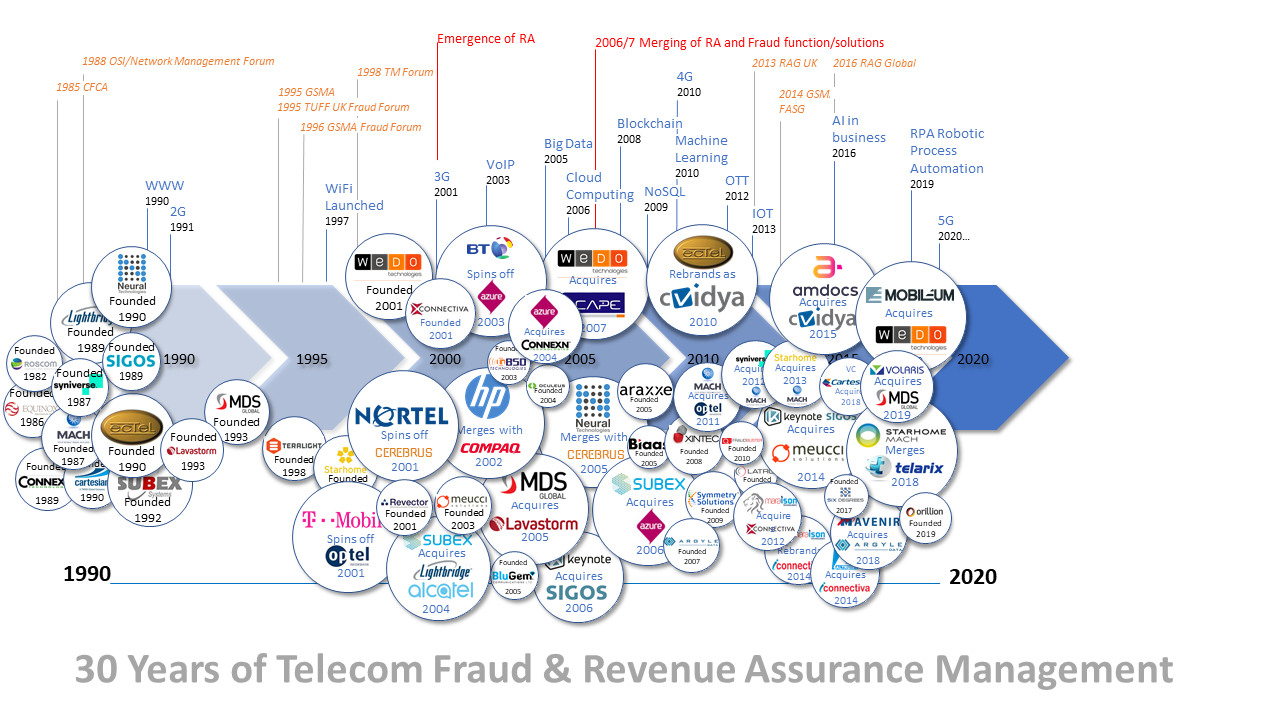The Chief Data Officer cometh
The title is not new, but is 2019 when it gets its prominence and recognition
The title of Chief Data Officer is not new but for the last few years it has been an emerging executive role that has been gaining traction in some industry sectors. This year the Chief Data Officer (CDO) role has predicted to shake-off the misconception of being a lieutenant of the Chief Information Officer (CIO) and reside along with the CMO, CIO and CFO in the corporate boardroom.
The number of CDO’s appointed by major organisations rose from 400 to 1,000 in 2014 stated Gartner. In 2016 Gartner predicted that 90% of large organisations will have a Chief Data Officer role by 2019. The research firm has predicted that 15% of Chief Data Officers will move on to CEO, COO, CMO or other C-level positions by 2020… This year is a critical milestone for the CDO.
Deutche Bank appointed its first Chief Data Officer in November 2010, the Financial Times had its first ever CDO - with a position on the FT executive board in September 2015, Telefónica formed the CDO position as a significant one at the telco, part of the executive committee reporting directly to the CEO in early 2016. France was the first country to appoint a Chief Data Officer only late last year.
'It's difficult to imagine the power that you're going to have when so many different sorts of data are available.' Tim Berners-Lee
It is evident we live in a world drowning in data, the importance, risk and value of data is now only being truly recognised by corporations as they strive forward in highly competitive markets. Technology and digitisation have allowed for disruptive influences to define success as well as failure.
The CDO will likely strategise, manage, oversee, educate, drive and create data value, insight and intelligence that the corporation can directly correlate to business success. The CDO will likely lead and support his army of ‘purple people [i] ’ to ensure that technical/business dynamics of the corporation are not working autonomously but collaborating as one synergistic machine. Some of these activities will be directly experienced by end customers, employees and shareholders, other activities will be behind the scenes, identifying optimal business processes, detecting revenue leakage, streamlining operations, etc.
'Data is the new gold' Clive Humby
Some views on the role of the Chief Data Officer position is that this is a temporary position and once the ‘spotlight’ on GDPR, data protection diminishes and maybe digital transformation projects are completed, so the role will become redundant… I am not so sure.
But this is more than data security, the CDO is in a critical position, sitting between IT and business, where corporate expectations will be high. They will make tough and potentially unpopular decisions within the business. They will be responsible for defining data and analytic strategies within the organisation, essential in the success of delivering digital transformation initiatives. The CDO will be influential in breaking the historic siloed infrastructure, autonomous departments and data repositories. Their core responsibilities of will include data governance and quality, and regulatory compliance and creating a data-driven corporate culture.
A search on LinkedIn for the job title ‘Chief Data Officer’ gets a healthy number of professionals with similar job titles displayed. Let us see how 2019 progresses, it will be interesting to see how many get board level seats and demonstrate a real difference this role can add to a business.
[i] Purple People was coined by Wayne Eckerson in approximately 2010. https://bit.ly/2BqKaYW
Lateral Alliances offer professional and dependable consulting for all aspects of your company. From initiating and supporting marketing strategies, including PR, web design, graphic design, social media, business development, sale, right through to business and exit strategies, we have the skills and experience to support your business. We are a 'hands on' organisation, who prefer to get deeply involved in your business and challenges, not hide behind aimless discussions.
Insightful business thinking...











